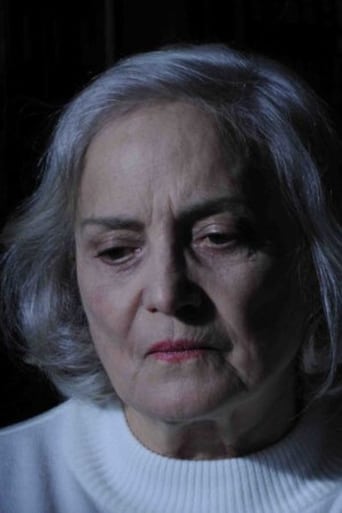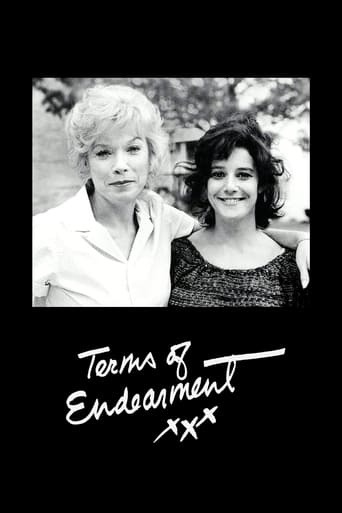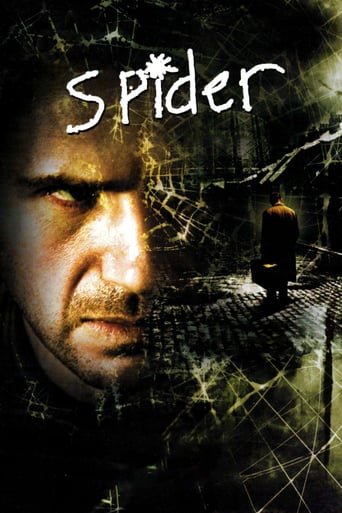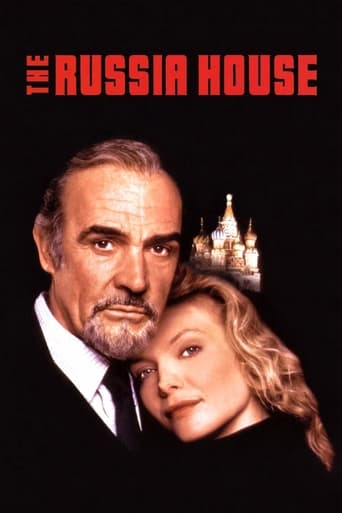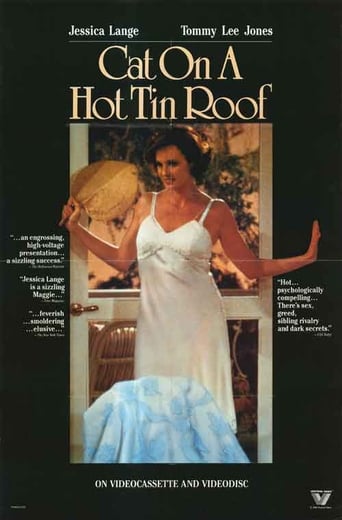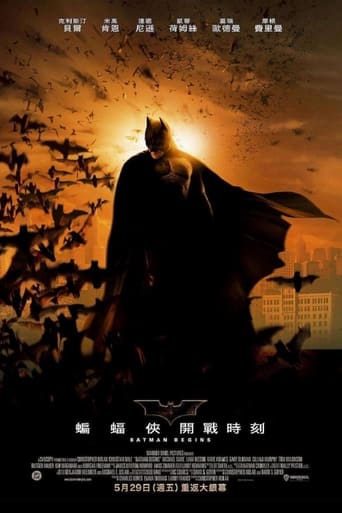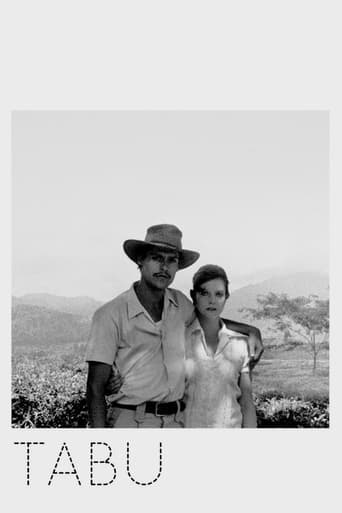

Tabu (2012)
Lisbon, Portugal, 2010. Pilar, a pious woman devoted to social causes, maintains a peculiar relationship with her neighbor Aurora, a temperamental old woman obsessed with gambling who lives tormented by a mysterious past.
Watch Trailer
Cast


Similar titles
Reviews
Tabu (2012/I) is a Portuguese movie co-written and directed by Miguel Gomes. The film begins in modern-day Portugal, where an old woman named Aurora (Laura Soveral) is leading a quiet and sheltered life. We know there's some mystery about her earlier life, but we don't know what it is. Aurora becomes ill, and when she realizes that she won't recover, she shares a man's name with a neighbor, and asks the neighbor to find this man.The film then shifts to Africa about fifty years earlier, at a time when Aurora was a young woman. (The young Aurora is portrayed by the lovely Portuguese actor Ana Moreira.) Portugal is still the colonial power, but the anti-colonialist revolutions are beginning.What happens during this period is full of wild romance, with Aurora at its center. The man named by the dying Aurora is the link that brings the two plots together.Although this movie was completed in 2012, it has the look of earlier film. This is partly because it's shot in black and white, and partly because the director has chosen to remind us that great movies have been with us for many, many years.We saw Tabu on DVD, where it worked well. It's not the perfect film for everyone, but it's a good choice if you want something foreign and different.
For the duration of its first half, 'Tabu' is one of the most boring films I have ever seen: set in Lisbon, it features a woman worrying about her neighbour, an elderly woman who has been abandoned by her daughter and whose only companionship is her maid. Characters talk about nothing in the most unemotional tones imaginable and the viewer starts to think about the money he has wasted on the cinema ticket. But things perk up when the old woman dies: we flashback to when she was young and living in a Portuguese colony in Africa, having an affair with a young musician. None of the characters in this segment speak: the only dialogue is the voice-over of the musician's older self. It's an effective method.For added arty-farty points, much of the film is in black-and-white, but I'd watch it again, although possibly skipping the first 45 minutes or so...
Gomes's masterpiece, a controversial love story (a pregnant woman falls in love for a man who is not the father of her unborn child) in a colonial context is only a pretext to expose the desire for fiction. Is a film so amazing to watch, as it is difficult to describe and explain the pleasure it generates. The entire film is in black and white and in television format. Gomes presents a splendid poetry about the course of life. In its own way, very cinematic, develops excellent takes and camera movements to characterize the various characters in the surrounding environment. It's not all because the images created by Gomes are graceful and with a lyricism at the level of the masters of silent film which the movie talk / dialog.
A KVIFF viewing, the third feature-length work from Portuguese director Miguel Gomes, which was among the contenders for the Golden Bear in Berlin earlier this year, and wound up winning the FIPRESCI Prize and Alfred Bauer Award.The film is entirely in Black & White, which has a deceiving anachronism effect and injects an appeasing vigor to enliven the storyline. With being equally divided into two parts, the first half is the contemporary story between a middle-aged woman, Pillar and her senior neighbor Aurora (who is live alone with her black servant Santa, and strongly believes her estranged daughter and Santa are plotting against her); the second half is completely B&W silent, with an elaborate voice-over from Aurora's former lover Ventura, revealing a secret history about he and Aurora's love affair back in Africa half an century ago. It is a distinctively interesting composition, which contributes a pleasant illusion that we were watching a double-feature.But by comparison, the first part is more austere and compelling while the second part is basically about a superfluously hackneyed liaison between a married woman and a romantic womanizer, the only worthiness is that it is between two white people in Africa, and if one intends to get some in-depth probe about the continent and its people, the film could hardly suffices this curiosity. Between the female correlation in the first part, Pilar has a manifest momentum to propel the storyline, and ruefully there will not be a third paragraph to recount her story out of the lightly over-hyped second part, her story behind might own more worth to be revisited and explored. Teresa Madruga and Laura Soveral are spellbinding during their screen time, if only the second half could be reinterpreted in another way, the film could have been a fabulous essay about love, aging and mystery behind everyone's usual representation.



